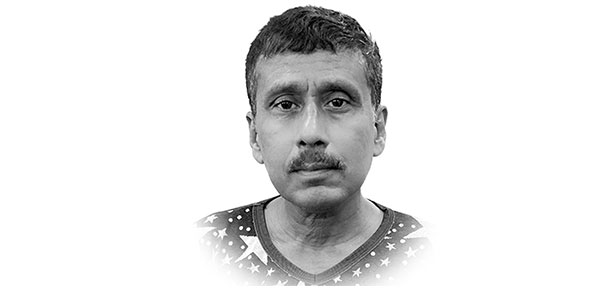Importance of saving water
Water is the most important and valuable natural resource on earth. It sustains all life. There is no life without water. Water is not only important for human beings but for the entire ecosystem.
Without enough water, the existence of humans, as well as animals, is next to impossible. Water is necessary for survival of human life.
People require it for domestic, agricultural and industrial purposes. Three-fourths of the earth’s surface is covered by water bodies.
97 per cent of this water is present in oceans as salt water and is unfit for human consumption.
Fresh water accounts for only about 2.7 per cent. Nearly 70 per cent of this occurs as ice sheets and glaciers in Antarctica, Alaska and other inaccessible places.
Only one per cent of fresh water is available and fit for human consumption. So, it is very important to conserve this precious resource.
And yet, we are contaminating the existing water resources with sewage, toxic chemicals and other waste products.
Increasing population and rapid urbanisation has led to the over-use of water resources leading to water pollution and scarcity.
Water scarcity can be defined as a situation when people don’t have enough water to fulfil their basic needs.
India is one of the many countries of the world that is facing a water scarcity today.
In Rajasthan and some parts of Gujarat, women have to cover long distances on foot in order to get a pot full of water.
In states like Mumbai and Goa, one has to spend around Rs 50 a day to meet their daily water needs.
The problem becomes severe during summer when the availability of water decreases again.
A recent study has revealed that about 25 per cent of urban population lacks the accessibility to fresh water.
Also, there are several cases of privatisation of water bodies. This often leads to water scarcity in the nearby areas. There are different methods to deal with water scarcity.
Rain water harvesting is the best and most suitable method. Forest and other vegetation cover reduce surface runoff and recharge ground water.
So, practice afforestation. We can also promote water conservation through media and by conducting public awareness programmes.
Here are some tips to save water on a daily basis. Use just one bucket of water while taking a bath. Avoid an overhead or hand shower facility.
Turn off the tap while brushing your teeth. Wash your car or your two-wheelers with a single bucket of water. Do not use a hose, as this takes a lot of water.
Water your plants with a mug. At restaurants, ask for just half a glass of water to drink instead of asking for a full glass and then wasting it.
Have laundry days twice or thrice a week and wash your clothes in the washing machine. This will save you a lot of water. Teach your children to also save water.
When children are trained to save and use water economically, they can help to reduce water wastage now and in the future.
They will be able to do more number of daily activities with less amount of water, and these good habits will become a way of life for them.
By practicing these simple steps, we can conserve water and ensure the availability of water to future generations.
So don’t tarry; start saving each and every drop of water. Water is precious and costs money. It is more precious than silver and gold.
—The writer is contributing columnist, based in Mumbai, India










